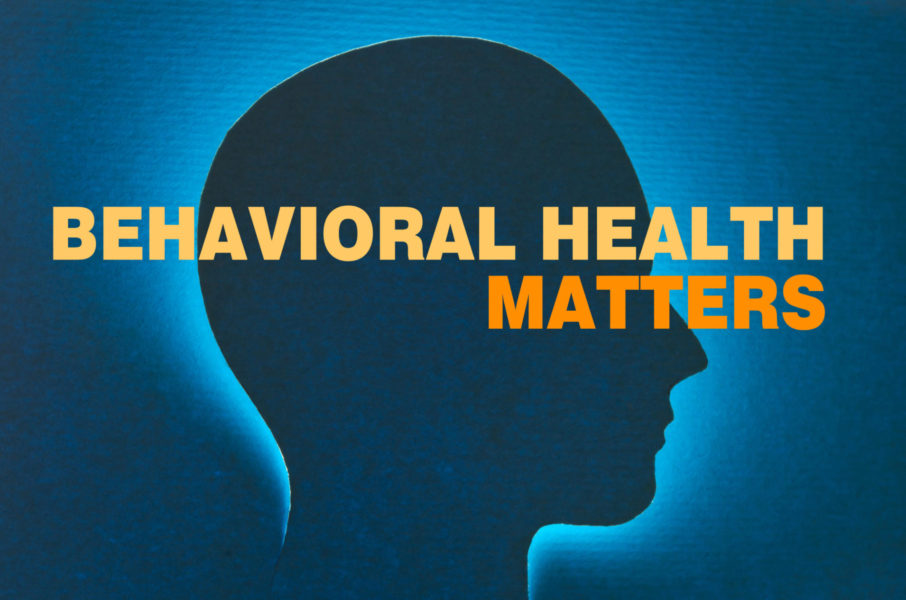Behavioral Health Matters: Depression
The scope of depression within the sphere of mental health is fairly well-known. It is one of the most common mental health disorders in the world, with roughly 16% of the adult US population said to experience it at some point. Furthermore, due to the strong correlation between depression and suicide, there is a pressing need for effective care strategies that most people are sensitive to.
On the other hand, there are some lesser-known facts about depression as well. The following are a few such examples:
Depression can produce physical symptoms
According to the National Institute of Mental Health, depression can produce physical symptoms, such as headaches, stomach problems, shortness of breath, and general physical tension.
Therapy is as important as medication
Prescription anti-depressants are part of the standard regimen of care, but psychotherapy, cognitive behavioral therapy, and other forms of therapy are equally important in treatment.
The triggers of depression are inconsistent
There is a high risk of depression affiliated with traumatic life experience, but people with a history of depression or even a family member with it are similarly susceptible. In addition, certain chronic medical conditions, such as heart disease, multiple sclerosis, and diabetes are known to introduce risk. Finally, there is also a chance that it can develop without any obvious cause.
Depression is the leading cause of disability on a global scale
Depression is the leading cause of disability worldwide, according to the World Health Organization. With some 300 million people of all ages suffering from depression (and the approximate maladies), it is a significant contributor to the global burden of disease.
Behavioral health providers work hard to mitigate the impact of depression on individuals and families, and continuing to spread awareness will help further the goals of managing depression adequately.




